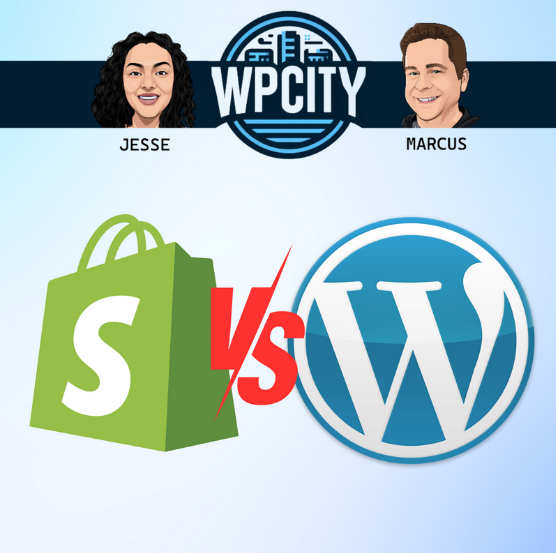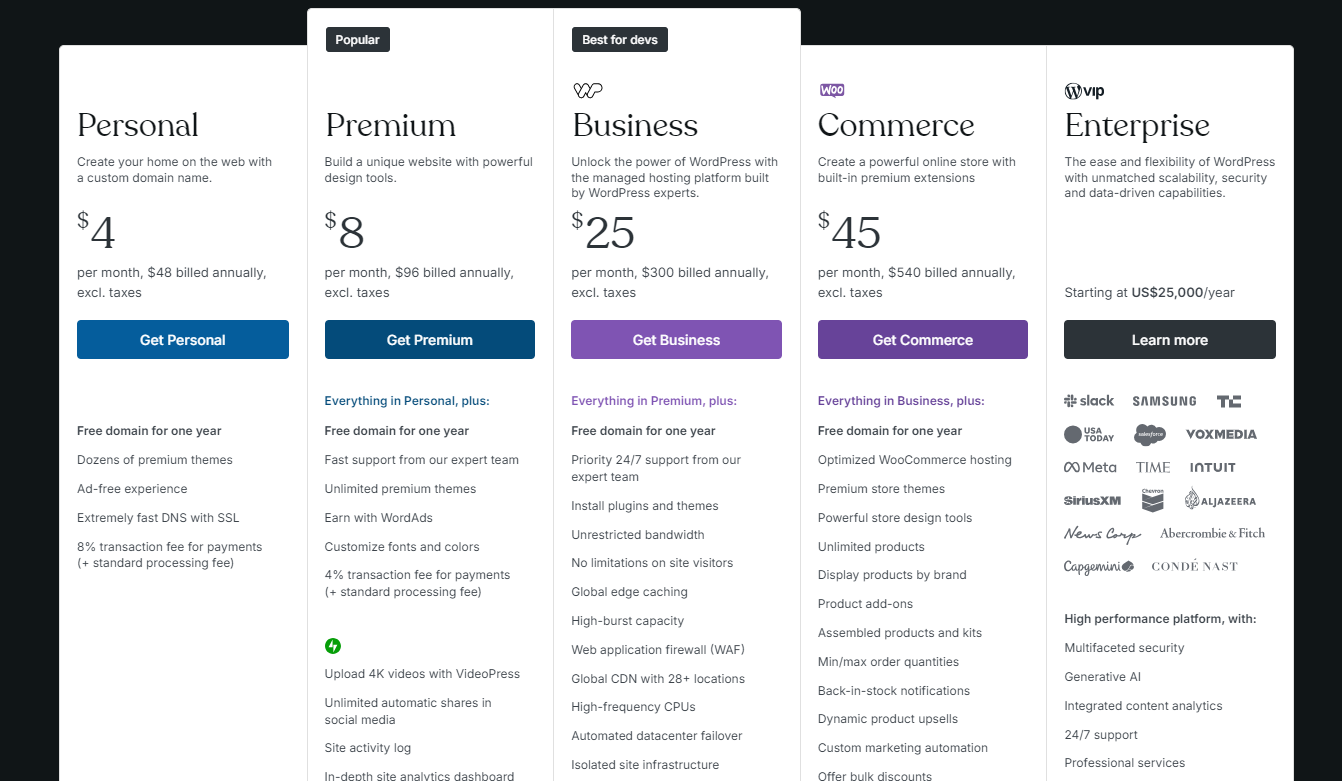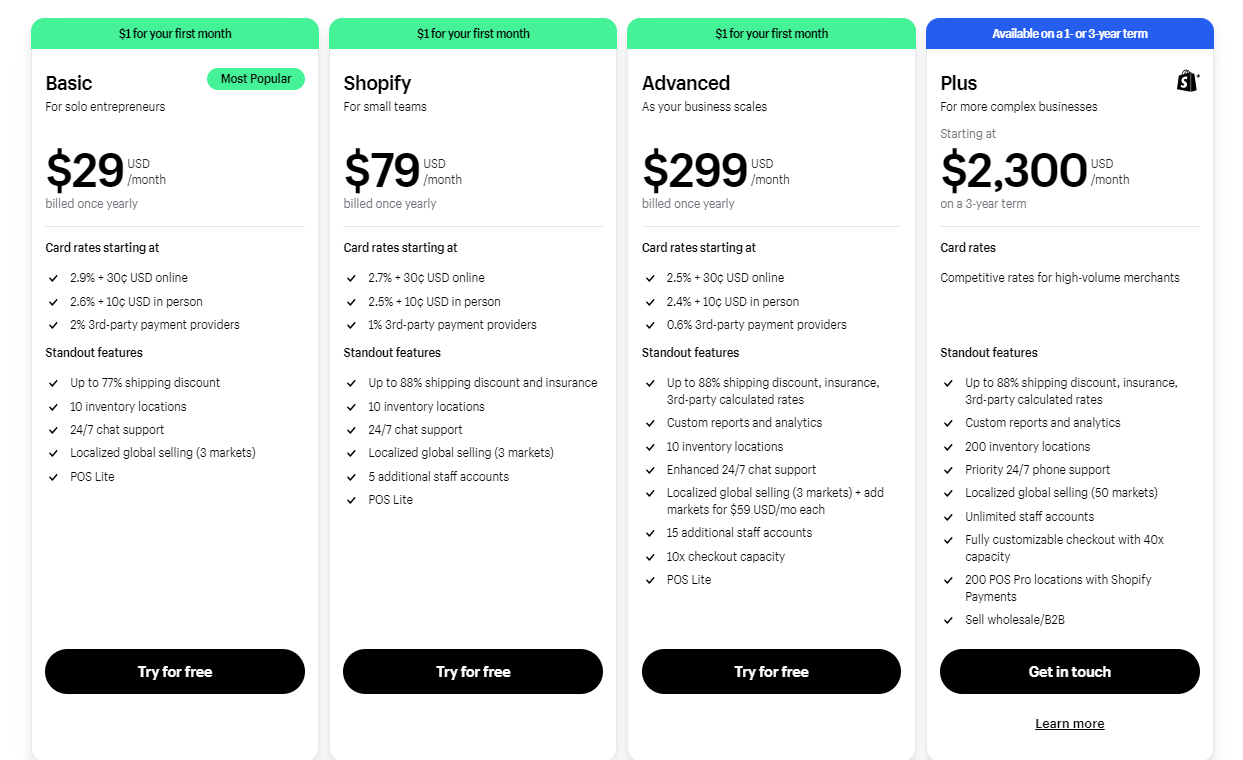Shopify Or WordPress For Dropshipping

Shopify or WordPress for Dropshipping: Which Platform is Right for You?
When you’re getting started in dropshipping, one of the biggest decisions you’ll face is choosing the right platform to build your online store. Among the most popular choices are Shopify and WordPress. Each of these platforms has its unique advantages and drawbacks, especially when it comes to functionality, cost, ease of use, SEO capabilities, and scalability. Let’s dive into the main differences to help you decide which one fits your dropshipping needs best.
Shopify vs. WordPress: Cost Comparison
One of the first things to consider when choosing a platform is the cost. Shopify offers a range of monthly plans starting at $39 per month for its basic package, with prices increasing to $399 a month for advanced features. This can be a significant expense if you’re just starting out, especially considering that Shopify charges additional fees for premium apps and plugins that may be necessary for running your store.
On the other hand, WordPress is open-source software, meaning it’s free to use. The main cost for a WordPress site comes from hosting, which can be as low as $9 a month with platforms like GoHubSite.com. With WordPress, you get the added benefit of creating multiple sites under a single hosting fee. This makes WordPress highly cost-effective, particularly if you plan to build more than one dropshipping site or expand your e-commerce business with additional websites in the future. For beginners or those on a budget, WordPress’s lower ongoing costs can be a significant advantage.

Prices from WordPress

Prices from Shopify
Flexibility and Customization
One of the biggest advantages WordPress offers is flexibility. WordPress allows you to build almost any type of website, whether a blog, a full blown e-commerce site, or a combination of both. By simply downloading and installing a plugin like WooCommerce, you can transform a simple blog into a fully functional online store. The level of customization available on WordPress is unmatched, enabling you to tweak your site’s design, layout, and functionality according to your business needs.

Shopify, in contrast, is more limited in terms of customization. While Shopify does offer several themes and plugins, you’re mostly confined to the features and tools they provide unless you’re willing to pay for third-party apps. While this setup may work for some users, it lacks the flexibility and control that many business owners prefer when building a unique brand identity. Customizing a Shopify store to match your vision often requires additional expenses for themes and plugins, which can quickly add up.

SEO Capabilities
For any dropshipping business, SEO is a crucial factor in attracting organic traffic and driving sales. WordPress, in particular, shines in this area. Thanks to its extensive SEO capabilities, WordPress allows you to control every aspect of your SEO strategy, from optimizing URLs to managing internal links and customizing content for targeted keywords. WordPress even supports powerful SEO plugins like Yoast and Rank Math, which can guide you through on-page SEO best practices and help you improve your search rankings over time.
Shopify, while SEO-friendly, has some limitations. Its URL structure is less flexible, and it doesn’t offer the same level of control for technical SEO as WordPress does. Although it’s possible to rank a Shopify store on Google, achieving high SEO rankings on WordPress is generally easier due to its customization options and Google-friendly structure. For those aiming to build an audience through organic search, WordPress provides a more robust foundation.
Ease of Use and Learning Curve
Shopify is often praised for its simplicity. It’s an all in one platform specifically designed for e-commerce, so users can set up an online store quickly without technical knowledge. Shopify handles much of the backend work, including hosting and security, making it an attractive choice for users who want a straightforward solution.
WordPress, on the other hand, does have a learning curve, especially if you’re completely new to building websites. However, as our expert Jesse noted, WordPress’s flexibility and scalability make it worth learning in the long run. With WordPress, you can start with a basic setup and gradually expand as you become more comfortable with the platform. And with a wealth of tutorials and support available, users can learn as they go, building their skills while growing their business. Once you’ve familiarized yourself with WordPress, the possibilities for customization and growth are limitless.
Building Your Online Store: WooCommerce vs. Shopify

WordPress (with WooCommerce) and Shopify offer robust solutions for those who want to sell products online, but their approaches differ. WooCommerce is a free plugin for WordPress that allows you to turn your website into a fully functional online store. It’s ideal for users who want complete control over their store’s design and functionality. You can customize everything from product pages to checkout flows, and you can extend your store with thousands of plugins, whether you need a subscription model, a booking system, or advanced shipping options.
On the other hand, Shopify is designed to be an all-in-one e-commerce platform. It’s easy to get started and doesn’t require much technical knowledge. However, many essential features—like advanced shipping rules or detailed analytics—are only available through paid apps, which can drive up your monthly costs. Additionally, Shopify’s transaction fees can burden stores with high sales volumes, especially if you aren’t using Shopify Payments.
Why WordPress is the Best Choice for Most Users

Ultimately, WordPress stands out for its versatility, cost-effectiveness, and control. It is the clear winner if you want a platform that grows alongside your needs. It allows you to start small, paying only for hosting, a domain, and any premium themes or plugins you choose and expand your website’s functionality over time. With WordPress, you own your site and data outright, allowing you to adapt as your business evolves.
WordPress’s robust SEO capabilities and extensive customization options make it ideal for those who want to maximize their online presence. WordPress offers the tools you need to succeed, whether running a blog, a business site, or a full-scale e-commerce store. And while Shopify can be a great choice for those who want a simple, all-in-one solution, it comes at a higher cost and with more limitations in terms of customization and flexibility.
WordPress is likely the best fit if you value control, scalability, and a platform that allows you to tailor every detail of your online presence. It’s a platform that allows you to build your vision without breaking the bank.


Leave a Reply